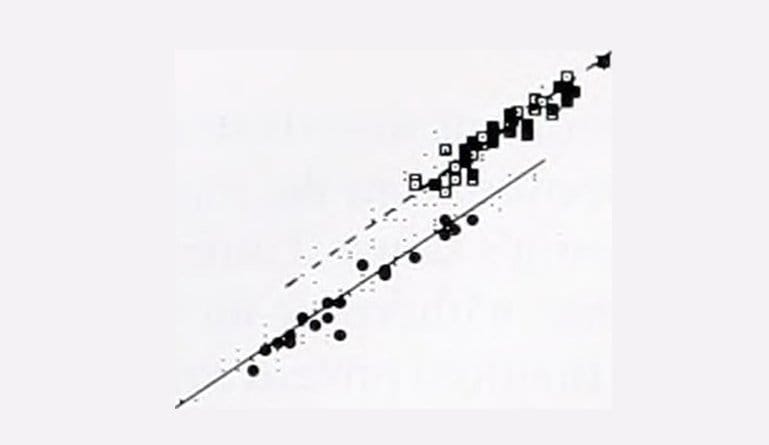Can regression analysis help your business?
How to use regression analysis to benefit your business.
Regression analysis is all about data. It helps businesses understand the data points they have and use them – specifically the relationships between data points – to make better decisions, including anything from predicting sales to understanding inventory levels and supply and demand. Of all the business analysis techniques, regression analysis is often referred to as one of the most significant. One business analyst puts it this way:
“Most companies use regression analysis to explain a phenomenon they want to understand (e.g. why did customer service calls drop last month?); predict things about the future (e.g. what will sales look like over the next six months?); or to decide what to do (e.g. should we go with this promotion or a different one?)”
In addition to using regression analysis for forecasting and prediction, here are some other applications of regression analysis that can help to guide businesses:
Understanding other patterns:
It’s not just about understanding what drives sales or what touchpoints make the biggest impact to customers. Regression analysis can be used to understand all kinds of patterns that pop up in data. These new insights can be extremely valuable in understanding what can make a difference in your business.
Correcting errors:
While one great strength of regression analysis in business is being able to predict successes (by answering questions like what will boost sales in the future or what parts of our marketing campaign were most effective), it can also help businesses understand their failures. Regression analysis can help businesses plot data points like sales numbers against new business launches, like new products, new POS systems, new website launch, etc. Regression analysis can help a business see – over both the short and long term – the effect that these moves had on the bottom line and also help businesses work backwards to see if changes in their business model influenced other parts of your business.
Optimizing processes:
Having more data, and an understanding of that data, can help to maximize efficiency and refine processes so that businesses can get the most out of them. Processes that are optimized by statistical data can help businesses work smarter.
Who handles the regression data analysis?
Regression data analysis can create huge amounts of value for a company, but who’s in charge of this kind of analysis? And who benefits the most? Business analysts and data professionals are often the ones that can pull the relevant data and create reports for department heads, management teams, sales units, board members, or anyone looking for significant data to guide or support decisions.
Understanding the relationships between business happenings and other variables can be exceedingly important to make sure your business is prepared and effective. That’s why regression data analysis in business is a key component to making sound decisions at just about every level of business.
Has your business made regression analytics part of your data analysis procedure? Do you feel regression analysis has helped your business make better decisions, or understand how various factors in the market place or industry affect your business?





